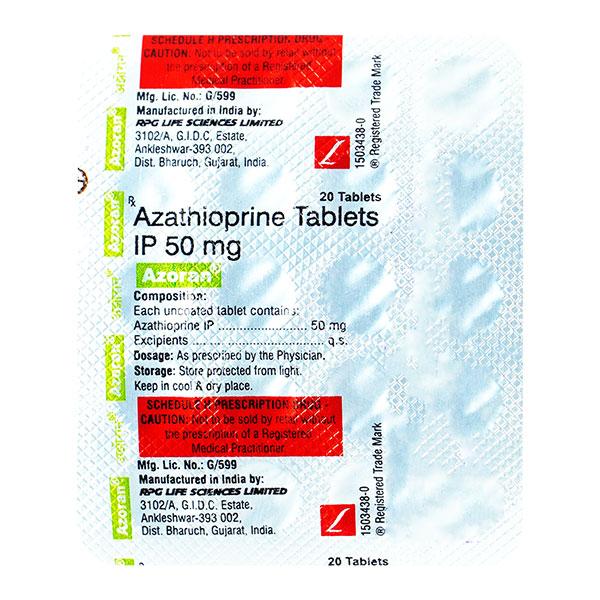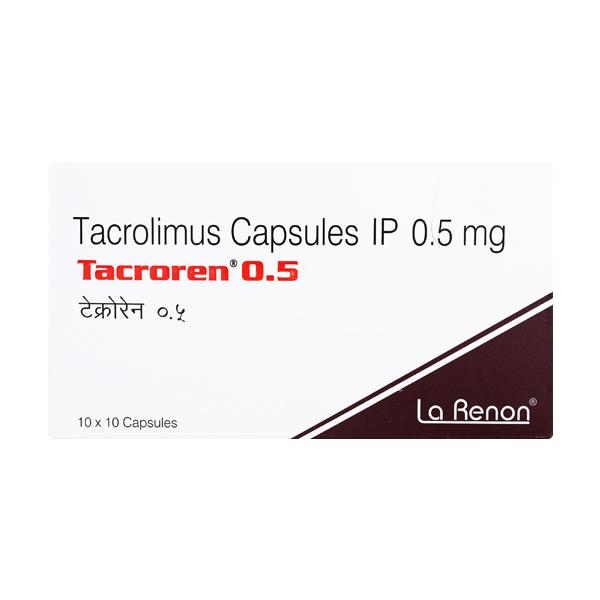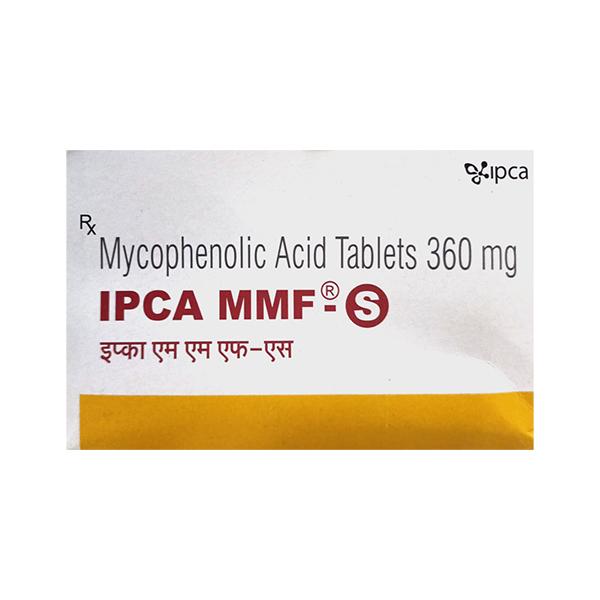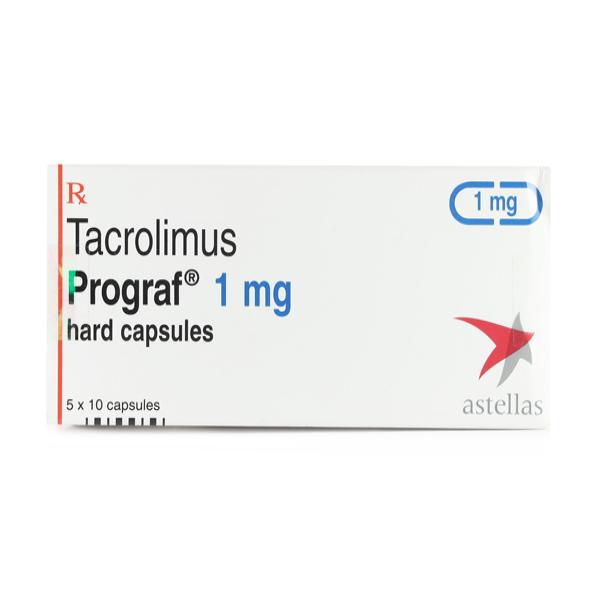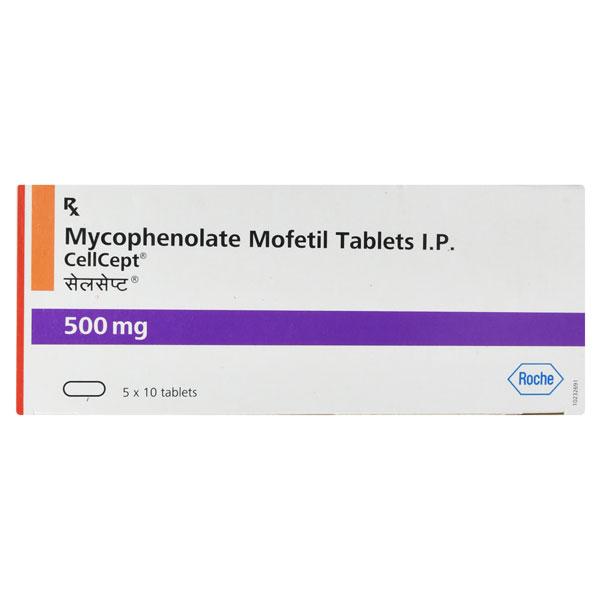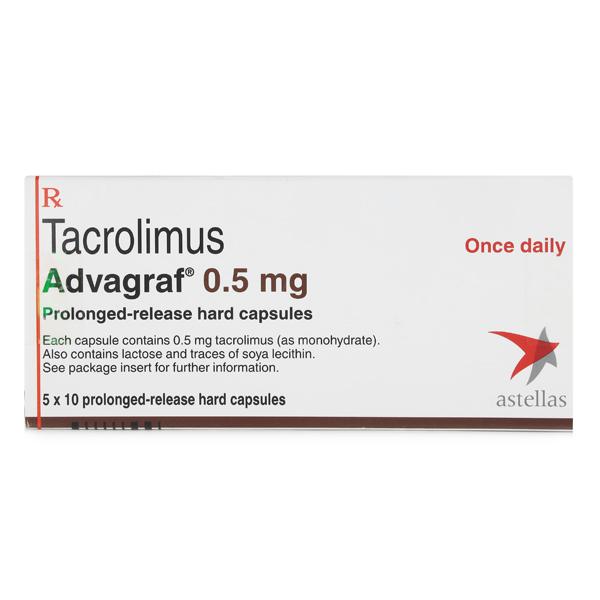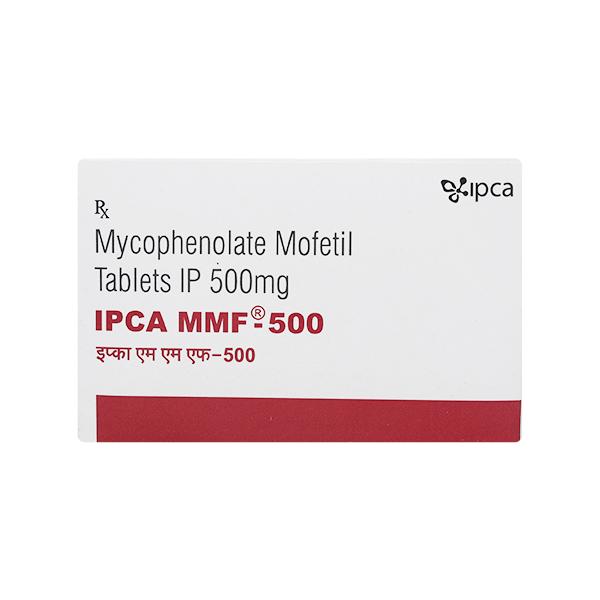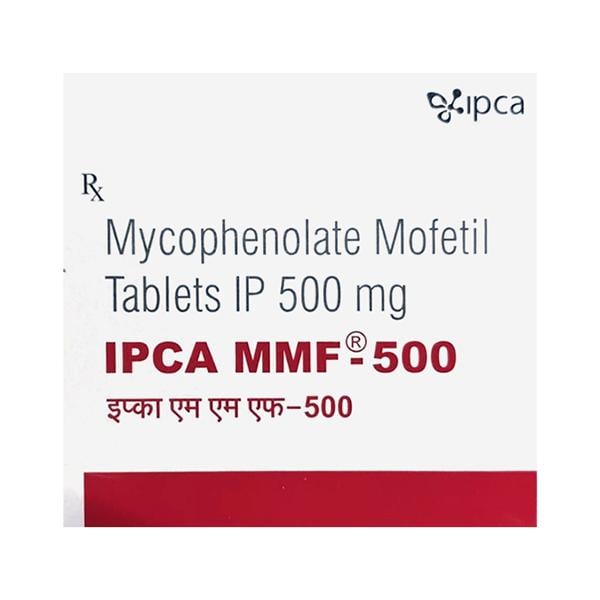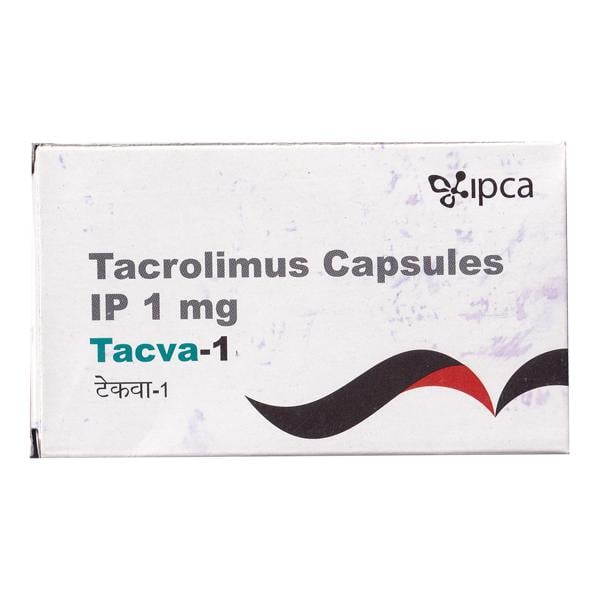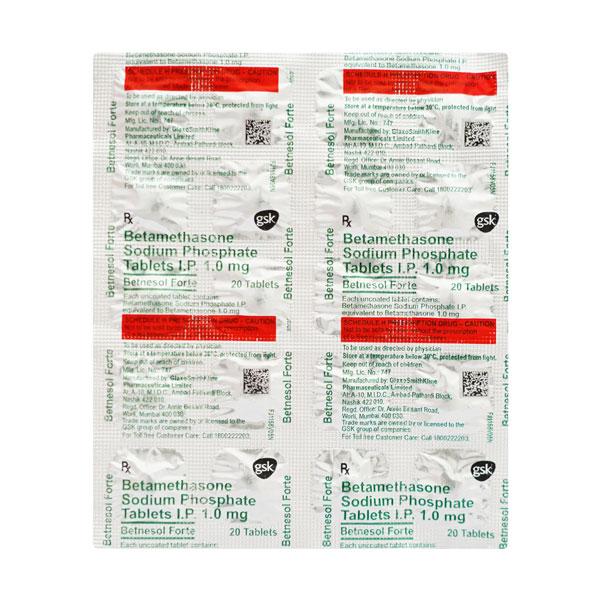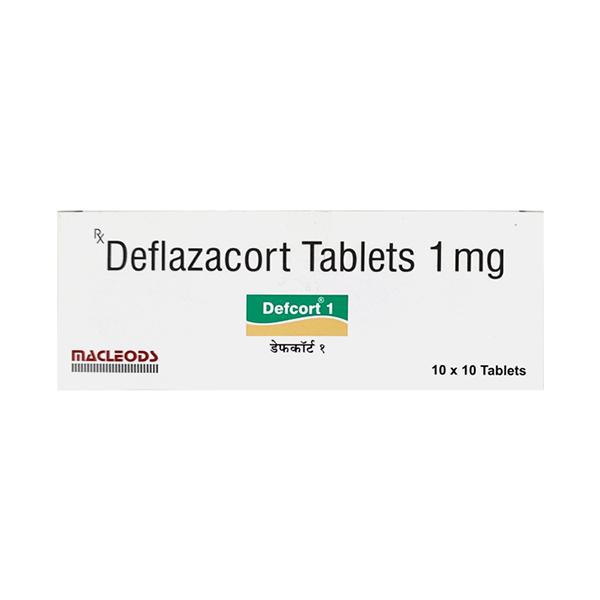


Immune Suppression Medicines
Showing results in 'Immune Suppression Medicines'
Immune Suppression - Overview
Immune suppression refers to a condition in which the immune system is weakened, leading to an increased susceptibility to infections and other diseases. This can be caused by a variety of factors, including medical treatments such as chemotherapy, radiation therapy, and immunosuppressive drugs used to prevent organ rejection after transplantation. Other factors that can cause immune suppression include autoimmune disorders, malnutrition, and certain viral infections such as HIV/AIDS. Immune suppression can also occur as a result of genetic disorders that affect the immune system. Individuals with immune suppression are at greater risk of developing severe infections and may require additional medical care to prevent complications.
Manifestations Of Immune Suppression
Immune suppression can manifest in a variety of symptoms depending on the cause and severity. Some common symptoms may include:
Immune Suppression Medicines
Immune suppression tablets and capsules are medications often used to treat autoimmune diseases or to prevent organ rejection after a transplant. These medications contain drugs that target specific components of the immune system, such as T-cells or B-cells, to reduce their activity. Immune Suppression Medicines should only be taken under the close supervision of a doctor.
References:
- Frequent infections (opportunistic infections such as pneumonia, tuberculosis, and fungal infections)
- Prolonged or persistent infections
- Slow healing of wounds or sores
- Fatigue
- Weakness
- Unexplained weight loss
- https://www.sciencedirect.com/topics/immunology-and-microbiology/immunosuppression
- https://www.pennmedicine.org/updates/blogs/health-and-wellness/2020/may/what-it-means-to-be-immunocompromised
- https://www.nature.com/articles/s41467-020-19706-9
- https://www.ncbi.nlm.nih.gov/books/NBK6140/


